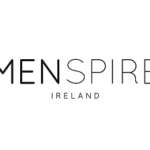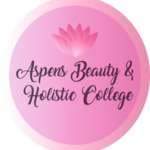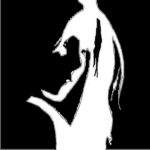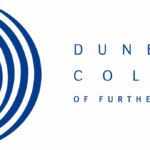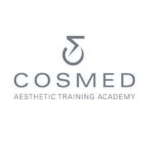Bobbi Brown, Charlotte Tilbury, Laura Mercier… A talented makeup artist can become as famous as a film or rock star.
Cosmetic artists work in many different sectors. They consult at beauty counters, work backstage at fashion shows, and create red carpet looks for celebrities. They are often present at the most important moments in life, such as at graduations, 21st birthdays, weddings and celebrations. Finally, they may work in television and film, helping actors to look the part or creating special effects.
All of this means that makeup artists work in a diverse and creative field. The human body is their canvas. They use cosmetics to highlight, conceal or balance features, and sometimes to radically change the way their clients’ look.
Why do it?
The global cosmetics industry is huge. The global market was worth approximately 422 billion in 2014. By 2020, it is expected to be worth a whooping 620 billion!
One of the reasons for this growth is that more and more of us are spending money on our appearance. That’s men as well as women.
For years, celebrities were the trendsetters. Their red carpet looks prompted many of us to recreate these for ourselves. These days, social media is one of the biggest drivers of new trends. We follow the advice set by social media stars such as InstaGirls and beauty bloggers as well as celebrities.
The high growth rate means that industry professionals need to stay ahead of the curve. Trends change, as do cosmetics, and so do the techniques used to apply them. A decade or so ago, the average person did not worry about contouring. Nor was it easy to find eyebrow kits at makeup counters.
Makeup artists have to stay abreast of changes. They also need to be familiar with the huge range of products available. That means the best budget options as well as premium brands. They need to know what products will work best for a client’s skin type, and how to recreate a particular effect on different clients despite difference skin tone, skin colour and age.
What is involved in makeup courses?
Choosing the right course is almost as difficult as choosing the perfect red lipstick! There is a wealth of options available. Short courses are perfect for hobbyists or people who want to improve their personal look. However, if you are curious about makeup artistry as a career, these can give you a good grounding in the fundamentals. In addition, there are classroom-based as well as distance learning courses available.
Courses cover topics like:
- Principles and practices of makeup
- Preparing the skin for makeup
- Choosing the correct products
- Creating special makeup effects
Advanced courses are for people who already understand makeup artistry or who work in the industry. These teach students to explore their creativity and experiment with the more challenging aspects of cosmetic artistry. For example, these courses may cover theatrical, drag or catwalk makeup.
Whether you are a rank beginner, a talented amateur or a professional looking to upskill, there is a makeup course for you. For more information on makeup courses available across Ireland, click here.












